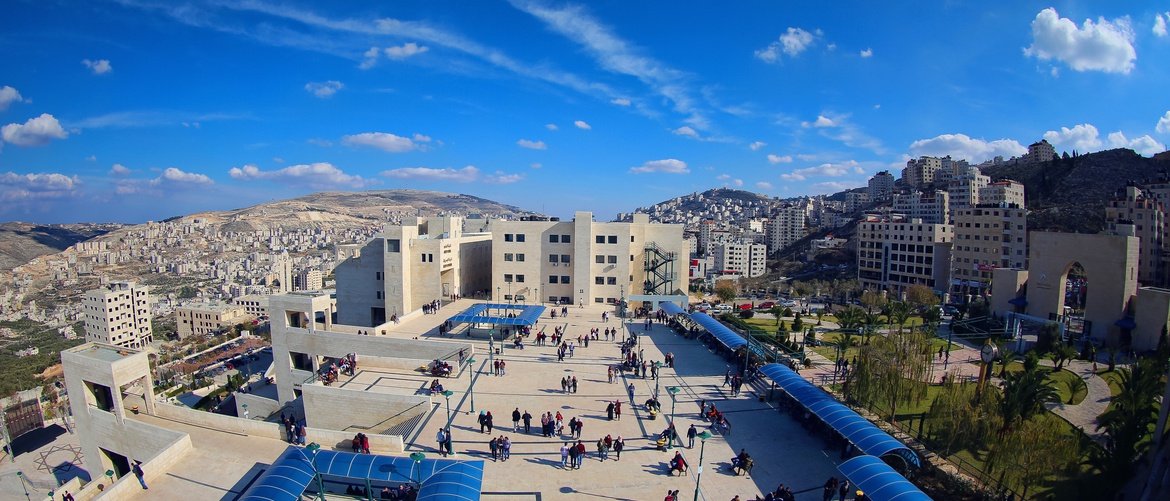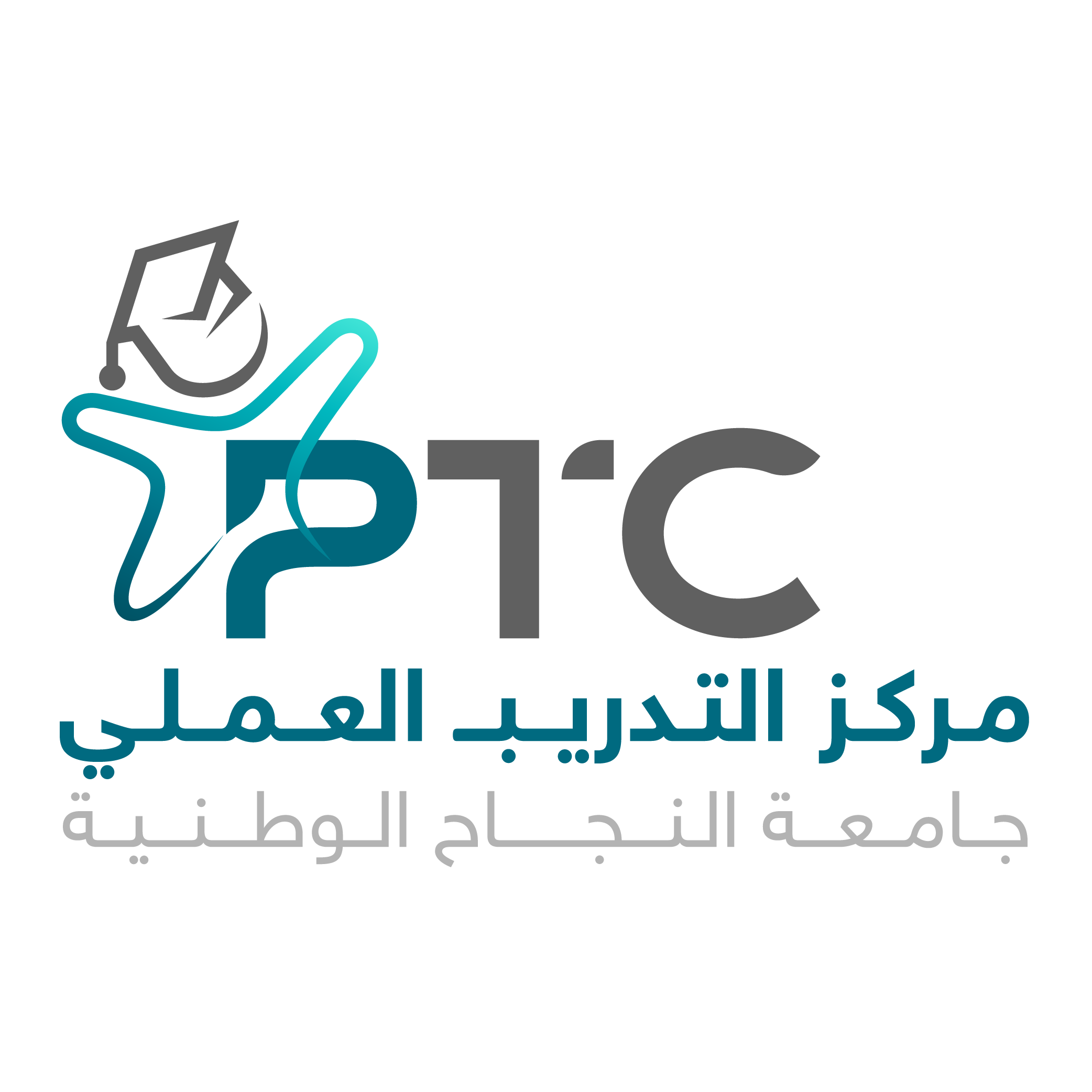
In order for students to fully understand the training process in many academic specializations, the University has identified a number of general and specific objectives.
Practical training at the An-Najah National University represents a basic component of the educational process, which aims to connect the University with community officials and the job market under the supervision of specialists. This leads to an organized training process and places it within a serious context, while developing the student's academic and practical training skills.
General Objectives
- Achieving the objectives of the University and its colleges and departments in practical training.
- Providing students with practical skills, which match the requirements of the job market and allow them to directly enter the work community in a serious and constructive manner.
- Providing students with experience to help them take decisions pertaining to their future career objectives.
- Strengthening relations between An-Najah University and the work community in a way that reflects positively on the University's programs of study.
- Providing college students the full opportunity to apply theoretical knowledge (gained during their studies) in a real work environment at a later stage of their studies.
- Developing the student's understanding of the needs of the job market and reaching this understanding successfully.
Adapting Work Ethics Through the following:
- Regular attendance.
- Adhering to appointments.
- Attending meetings.
- Completing work on time.
- Following the instructions and policies of various institutes.
- Accepting directions.
- Preparing periodic reports.
Competence in Communication Through Developing:
- Positive personal communication.
- The ability to present information clearly, accurately and effectively.
- Using appropriate techniques to convey informative and convincing messages.
- The ability to communicate with the public inside and outside the institute.
- Competence in performing work through: working independently and with a team to achieve tasks assigned, bearing the group's work load, feeling a sense of responsibility for work undertaken, and facilitating the group's work.
Utilizing the Institute's Resources, Reach the required aims through:
- Recognizing the institute's resources inside and outside the institute.
- Critically assessing information and its sources.
- Analyzing and assessing information from various sources.
- Developing problem solving skills through developing creative initiative.
- Gaining awareness of opportunities and knowing when to ask others for help.
- Presenting work solutions and gaining leadership skills.
